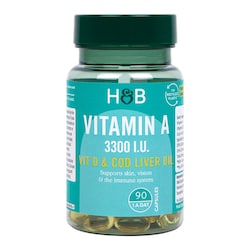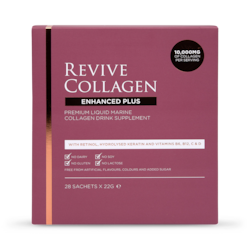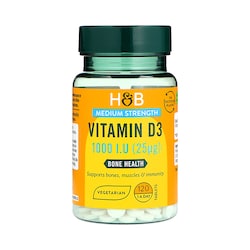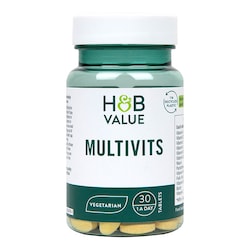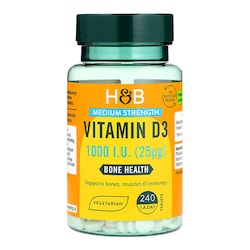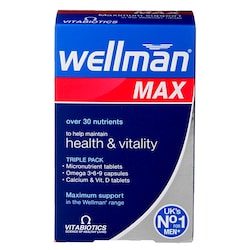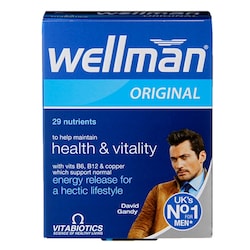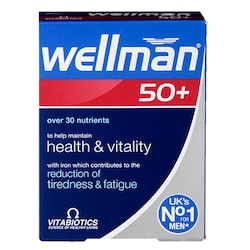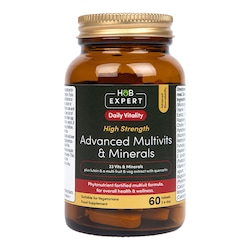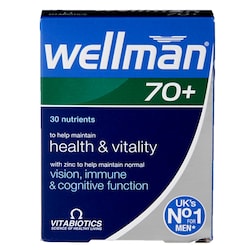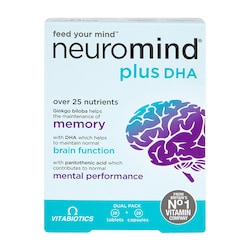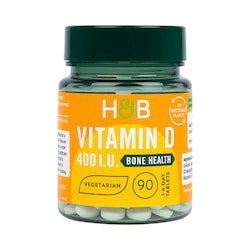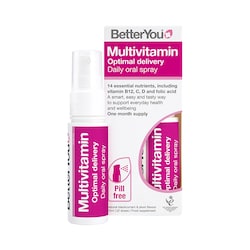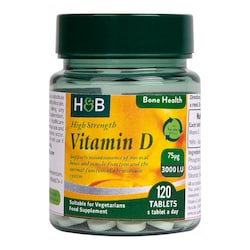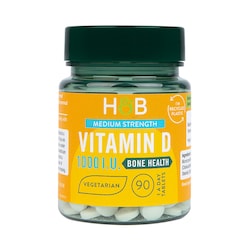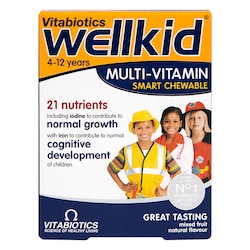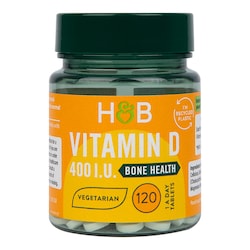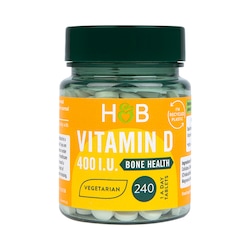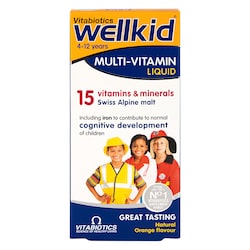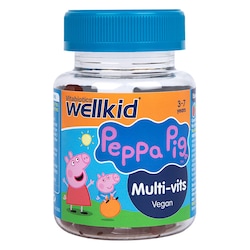15% off £30 OR 20% off £40
Beta carotene: benefits, uses, dosage & side effects
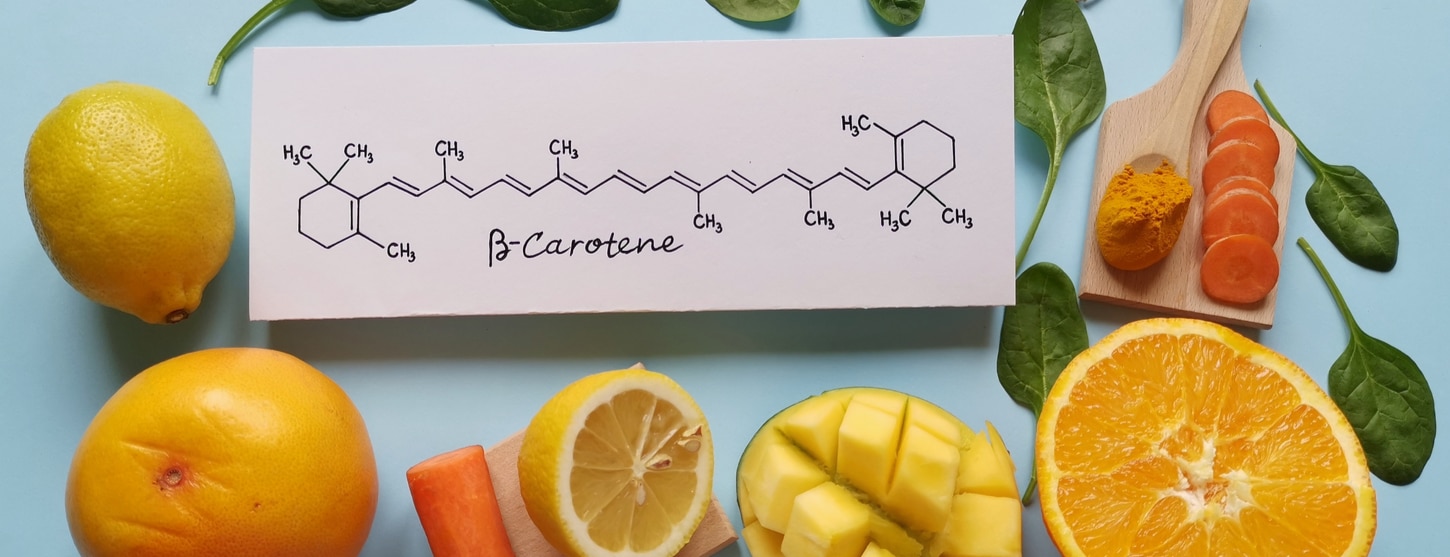
Beta carotene isn’t something that tends to feature in everyday conversation that much, but that doesn’t make it any less important when it comes to our health.
This particular compound is actually found in most fruit and veg and is responsible for giving certain items, e.g. carrots and sweet potatoes, their bright orange colour.
But what are the benefits of beta carotene?
What’s the best way to go about boosting your carotene levels, how much is safe to take and are there any side effects to taking it?
Keep reading, this article provides you with a useful introduction to beta carotene and answers the most commonly-asked questions that are being typed into Google as we speak…
What is beta carotene?
Beta carotene is a plant-derived pigment or carotenoid, that’s a source of vitamin A and an important natural antioxidant.
You’ll find it in many plant products, for instance, green leafy and yellow/orange veg, as well as orange-coloured fruit.1
It’s believed that beta carotene makes up between 30 and 35% of people’s dietary vitamin A intake and once consumed, is converted by the body into vitamin A.
This particular carotenoid happens to be fat-soluble, which means eating beta carotene-rich food with a fat, such as olive oil or a handful of nuts, can help your body absorb it much better.2
Interestingly, research has found that the absorption of beta carotene from plant sources is anywhere between 5% and 65%.
This is due to the fat vs. fibre content of the food and its impact on beta carotene absorption.3
Is beta carotene the same as vitamin A?
Beta carotene is a type of vitamin A. Generally speaking, vitamin A is the name that’s given to a group of fat-soluble retinoids, such as retinol, retinal and retinyl esters.4
It’s vitamin A we have to thank for keeping our immune and reproductive systems and vision healthy.
It’s also responsible for supporting cell growth and development and plays a key role in how our heart, lungs, kidneys and other organs work.
In the human diet, there are two different types of vitamin A: preformed vitamin A (retinol and its esterified form, retinyl ester) and provitamin A (carotenoids).
Preformed vitamin A is found in food from animal sources, such as dairy products, fish and meat (especially liver).
As for provitamin A carotenoids, which are only found in plants, beta carotene is recognised as being the most important one; more important than the other two provitamins A carotenoids, alpha-carotene and beta-cryptoxanthin.
Over time, it’s possible for the vitamin A from preformed vitamin A to build up over time to toxic levels.
However, this isn’t the case with beta carotene.
If your body doesn’t use all of your beta carotene supplies, the beta carotene continues to circulate around your body and, because beta carotene is an antioxidant, it helps keep cells healthy.
You can get beta carotene from lots of different fruit and vegetables (more on this below).
You can also take beta carotene supplements or a multivitamin that includes beta carotene on the ingredients list.
What is beta carotene good for?
Beta carotene is responsible for doing all sorts of good in the human body.
From helping keep our eyes healthy and protecting our bodies against the effects of oxidative stress, to reducing inflammation and helping prevent skin ageing.
Read on to find out 9 of the top benefits of beta carotene...
-
Age-related Macular Degeneration (AMD)
Research published in the Ophthalmology journal in 2013 stated that taking beta carotene, vitamin C, vitamin E and zinc may have long-term effects against age-related macular degeneration.
The 7-year study found that taking zinc with a combination of antioxidants, including beta carotene, reduced the risk of progression to advanced AMD in participants by 25%.5
The conclusion was based on research that was carried out on 4,757 older adults, who received either a placebo or a supplement containing beta-carotene, vitamins C and E and zinc.
When the study was followed up with 3,549 of the participants 5 years later, the researchers found that the beta-carotene-based supplement's beneficial effects had persisted and the people who had taken the supplement were at reduced risk of their sight deteriorating.
-
Antioxidant properties
We’ve already briefly touched upon this, but one of the main benefits of beta carotene is that it’s a natural antioxidant, helping prevent oxidative stress.6
In one particular study, 12 healthy women were put on a low carotene diet, and reported decreased superoxide dismutase antioxidant activity.
Meanwhile, two further studies involving 167 workers, who had been exposed to lead and were given beta carotene supplements to take, found that their levels of protective enzymes increased, as well as their vitamin E levels.
A decrease in malondialdehyde (an indicator of oxidative stress) was also reported.
-
Beta carotene for skin7
Ageing and overall health
Beta carotene and skin health go hand-in-hand because vitamin A is vital for healthy skin.
One of the main benefits is that it helps prevent premature skin ageing due to its antioxidant properties that protect against free radicals, such as UV ray damage, pollution and environmental hazards, such as smoking. In turn, this helps give skin a healthy glow.
Sun sensitivity and protection
High doses of beta carotene can reportedly make skin less sensitive to the sun.
It can potentially also boost the effectiveness of sunscreen, with 90 to 180mg of beta carotene reportedly helping reduce sunburn and providing SPF4 protection.8
Research has found that beta carotene is most effective as a sunscreen when combined with lycopene, a bright red carotene and carotenoid pigment and phytochemical found in tomatoes and other red fruit and veg.
Together, they can protect the skin against sunburn (by increasing the basal defence against UV light-mediated damage.
However, it’s important to note they should never be compared to sunscreen, they simply have similar properties to sunscreen; they aren’t a replacement for it.
-
Inflammation
According to a small pilot study that was carried out to explore the impact of beta carotene on exercise-induced asthma attacks, it can have a positive effect. A total of 38 people were given 64mg of beta carotene for a week.
After this time, more than half (53%) of them were protected against exercise-induced asthma attacks.9
Another study of beta carotene as a treatment for an inflammatory condition found that beta-carotene reduced the risk of osteoarthritis progression, but not consistently.
Meanwhile, a study of 34 adults with chronic plaque psoriasis experienced a significant reduction in severity after taking capsules that contained beta-carotene.10
-
Brain health
Due to the fact oxidative stress can make the brain age, it’s believed that beta carotene and its antioxidant properties may help counteract this activity.11
One particular study involving 6,000 people found that those who took beta carotene supplements on a long-term basis were better at cognitive tasks.
They had better memory and cognitive function in general, especially if they’d been taking it for over 15 years. Meanwhile, an analysis of 7 other studies concluded that beta carotene, as well as vitamin E and vitamin C, can lower the risk of Alzheimer’s Disease.12
-
Eye health
A meta-analysis of 22 articles concluded that higher levels of beta-carotene within the blood, as well as a higher intake of beta carotene foods, reduced the risk of developing cataracts.13
More specifically, a study of 29 patients with retinitis pigmentosa found that taking a supplement containing beta carotene improved their retinal function.
And a study of 22,000 male physicians concluded that taking a beta carotene supplement for 12 years, reduced the risk of developing cataracts for smokers by a 1/4th.
-
Heart health
According to some studies, carotenoids, such as beta carotene, can help reduce the risk of developing atherosclerosis (the build-up of plaque in the artery walls that narrows your blood vessels).
Hypertension, glucose intolerance and abdominal obesity are all linked to having atherosclerosis, and research has shown that carotenoids may help to improve these risk factors.14
Carotenoids may also help improve the early onset of atherosclerosis too. However, this tends to only happen if carotenoids have been taken for several years; around 9 to 20 years.15
-
Oral Leukoplakia
A study that was carried out by the University of Arizona found that beta carotene can reduce oral leukoplakia, which is a condition that causes thick, white patches to form on the gums and inside the cheeks.
Most leukoplakia patches are benign, but some may be early signs of cancer.16
A total of 50 patients were given 60mg of beta carotene a day for 6 months.
They were then selected to continue the treatment or use placebo therapy for 12 further months.
At the end, the beta carotene had helped reduce the level of leukoplakia in 52% of the patients.
-
Lung cancer
Research on whether beta carotene is effective at helping reduce lung and stomach cancer is mixed.
A meta-analysis published in the International Journal of Cancer supported reports that 20 to 30mg of beta carotene a day can increase the risk of lung and stomach cancers in smokers and asbestos workers.17
However, a study by Yale University School of Medicine in 2002 found that high fruit and vegetable consumption, especially fruit and veg that are full of carotenoids, can lead to a reduction in the risk of lung cancer.
How much beta carotene do we need?
There is no recommended intake guidance for beta carotene, but there is guidance for vitamin A, which is measured in micrograms.18
Overall, men (aged between 19 and 64) need 700mcg a day and women of the same age, need 600mcg.
Meanwhile, children need 300mcg when they’re younger (aged 1 to 3), rising to 600mcg (girls) and 900mcg (boys) when they’re in their late teens.
Women need more vitamin A when they are pregnant or breastfeeding.
| Age | Children | Men | Women | Pregnant women | Breastfeeding women |
|---|---|---|---|---|---|
| 1 - 3 | 300mcg | ||||
| 4 - 8 | 400mcg | ||||
| 9 - 13 | 600mcg | ||||
| 14 - 18 | 900mcg | 700mcg | 750mcg | 1200mcg | |
| 19+ | 900mcg | 700mcg | 750mcg | 1300mcg |
Can too much beta carotene be harmful?
While taking large doses of preformed Vitamin A can be toxic, the same can’t be said for taking large amounts of beta carotene.
However, taking significant amounts of it – 20 to 30mg a day - over a sustained period has been known to affect the body by causing a condition called carotenemia.
This condition makes people’s skin turn yellow/orange and can be reversed by not consuming beta carotene.19 20
Meanwhile, some people’s bodies struggle to convert beta carotene into vitamin A, particularly people who have hypothyroidism, so consuming large amounts of it isn’t recommended.
What’s more, higher doses of vitamin A may increase the risk of men and post-menopausal women suffering fractures.
If you are pregnant or breastfeeding, do not take beta carotene supplements unless recommended by a medical professional to do so.
Taking large amounts of beta carotene during pregnancy may cause birth defects or miscarriage.
In addition to altering people’s skin colour, beta carotene may also cause diarrhea and joint paint.
It’s not known to seriously interact with any other medications however, it may moderately interact with:
- Cholestyramine
- Ethanol
- Lutein
- Mineral oil
- Orlistat
- Verteporfin
- Vitamin A21
What foods are high in beta carotene?
As we mentioned up above, there’s an abundance of food that contains beta carotene.
The main food sources of beta carotene are yellow, red and green leafy vegetables, such as spinach, carrots, sweet potatoes and red peppers, and yellow fruit, such as mango, papaya and apricots.22
10 foods high in beta carotene23
- Baked sweet potatoes, per cup – 23018mcg
- Cooked carrots, per cup – 12998mcg
- Cooked spinach, per cup – 11318mcg
- Cooked butternut squash, per cup – 9369mcg
- Cantaloupe melon, per cup – 3575mcg
- Romaine lettuce, per cup – 2456mcg
- Cooked red bell peppers, per cup – 2059mcg
- Apricots, per cup – 1696mcg
- Cooked broccoli, per cup – 1449mcg
- Cooked peas, per cup – 1216mcg
Takeaway
Beta carotene plays an important role in helping keep us healthy, whether we realise it or not.
One of the great things about it is that if we happen to have too much of it in our system, our body will store it ready for when it is needed.
This means minimal side effects and plenty of beta carotene in reserve to protect your body against oxidative stress, the sun’s UV rays, skin ageing, inflammation and more.
If you intend to take a beta carotene supplement, speak to your GP or medical professional about it first.
The advice in this article is for information only and should not replace medical care. Please check with your GP or healthcare professional before trying any supplements, treatments or remedies. Food supplements must not be used as a substitute for a varied and balanced diet and a healthy lifestyle.
Last updated: 25 February 2022
- https://labs.selfdecode.com/blog/beta-carotene/
- https://www.myfooddata.com/articles/natural-food-sources-of-beta-carotene.php#intro
- https://labs.selfdecode.com/blog/beta-carotene/
- https://ods.od.nih.gov/factsheets/VitaminA-HealthProfessional/
- https://www.ncbi.nlm.nih.gov/pmc/articles/PMC1462955/
- https://labs.selfdecode.com/blog/beta-carotene/
- https://www.stylecraze.com/articles/benefits-of-beta-carotene-for-skin-hair-and-health/
- https://www.ncbi.nlm.nih.gov/pmc/articles/PMC3583891/
- https://www.annallergy.org/article/S1081-1206(10)63165-1/pdf
- https://www.verywellfit.com/the-benefits-of-beta-carotene-88314#citation-2
- https://labs.selfdecode.com/blog/beta-carotene/
- https://pubmed.ncbi.nlm.nih.gov/22543848/
- https://labs.selfdecode.com/blog/beta-carotene/
- https://www.researchgate.net/publication/301541621_Nutrigenomics_and_Nutrigenetics_The_Basis_of_Molecular_Nutrition
- https://www.verywellhealth.com/carotenoids-benefits-side-effects-dosage-and-interactions-4570948
- https://pubmed.ncbi.nlm.nih.gov/10604407/
- https://draxe.com/nutrition/beta-carotene/#Benefits
- https://www.urmc.rochester.edu/encyclopedia/content.aspx?contenttypeid=19&contentid=betacarotene#:~:text=Beta%2Dcarotene%20doesn't%20seem,a%20problem%20for%20some%20people.
- https://www.urmc.rochester.edu/encyclopedia/content.aspx?contenttypeid=19&contentid=betacarotene#:~:text=Beta%2Dcarotene%20doesn't%20seem,a%20problem%20for%20some%20people.
- 2https://ods.od.nih.gov/factsheets/VitaminA-HealthProfessional/
- https://www.rxlist.com/consumer_beta-carotene_lumitene/drugs-condition.htm#what_are_side_effects_associated_with_using_beta-carotene
- https://www.nhs.uk/conditions/vitamins-and-minerals/vitamin-a/
- https://www.myfooddata.com/articles/natural-food-sources-of-beta-carotene.php#beta-carotene-foods


